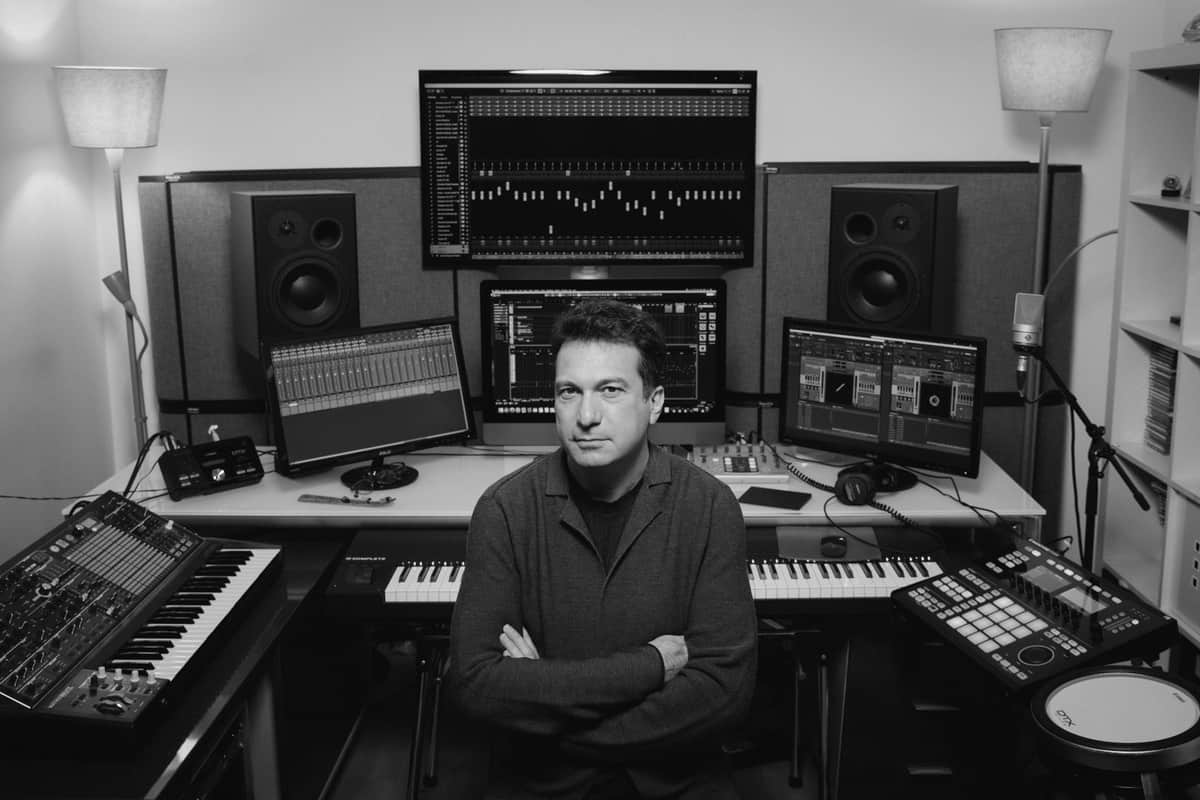
Fresh off of scoring Evil Does Not Exist, composer Eiko Ishibashi joins The Film Scorer podcast! Evil Does Not Exist is Eiko’s second collaboration with acclaimed director Ryusuke Hamaguchi, and the film itself actually stemmed from Eiko approaching Ryusuke regarding providing visuals for her live performance. Evil Does Not Exist grew out of that, while also spawning the film Gift, a sort of “composer’s cut” of Evil Does Not Exist, which removes spoken dialogue and focuses on Eiko’s music. Not surprisingly, we compare and contrast her work on Evil Does Not Exist and her prior score, Drive My Car (the Oscar winner for Best International Film). Along the way, we also cover things like Eiko’s approach to music and preference to giving control to the director, trends in Japanese film music, and more.
I became a huge fan of Eiko’s music after watching and hearing Drive My Car, which ended up being one of my favorite scores of 2021. It even gave me quite a powerful emotional responses listening again, which has only really happened since with Emilie Levienaise-Farrouch’s score for All of Us Strangers. As such, I jumped at the chance to interview Eiko. I’m glad I did. While I haven’t yet listened to her score for Evil Does Not Exist on its own, in the film it’s a powerful work, adding ominous layers of unease that also reflects the urban-rural divide between Tokyo and the rural hamlet of Mizubiki, where much of the film takes place.
Note that this is an interpreted interview, so you’ll hear snippets of Eiko’s responses in Japanese but the answers are primarily via English translation.
You can find out more about Eiko on her website. Eiko’s score releases digitally and on physical media on June 28, and Evil Does Not Exist is currently in theaters.
Have a listen to our conversation below or wherever you get your podcasts (including Spotify and Apple Podcasts). Enjoying these interviews? Show the love by subscribing and leaving a rating or review!
More About Evil Does Not Exist
“In the rural alpine hamlet of Mizubiki, not far from Tokyo, Takumi and his daughter, Hana, lead a modest life gathering water, wood, and wild wasabi for the local udon restaurant. Increasingly, the townsfolk become aware of a talent agency’s plan to build an opulent glamping site nearby, offering city residents a comfortable “escape” to the snowy wilderness. When two company representatives arrive and ask for local guidance, Takumi becomes conflicted in his involvement, as it becomes clear that the project will have a pernicious impact on the community. Ryusuke Hamaguchi’s follow up to his Academy Award-winning Drive My Car is a foreboding fable on humanity’s mysterious, mystical relationship with nature. As sinister gunshots echo from the forest, both the locals and representatives confront their life choices and the haunting consequences they have.” Courtesy of Sideshow and Janus Films




1 thought on “An Interview with Eiko Ishibashi”